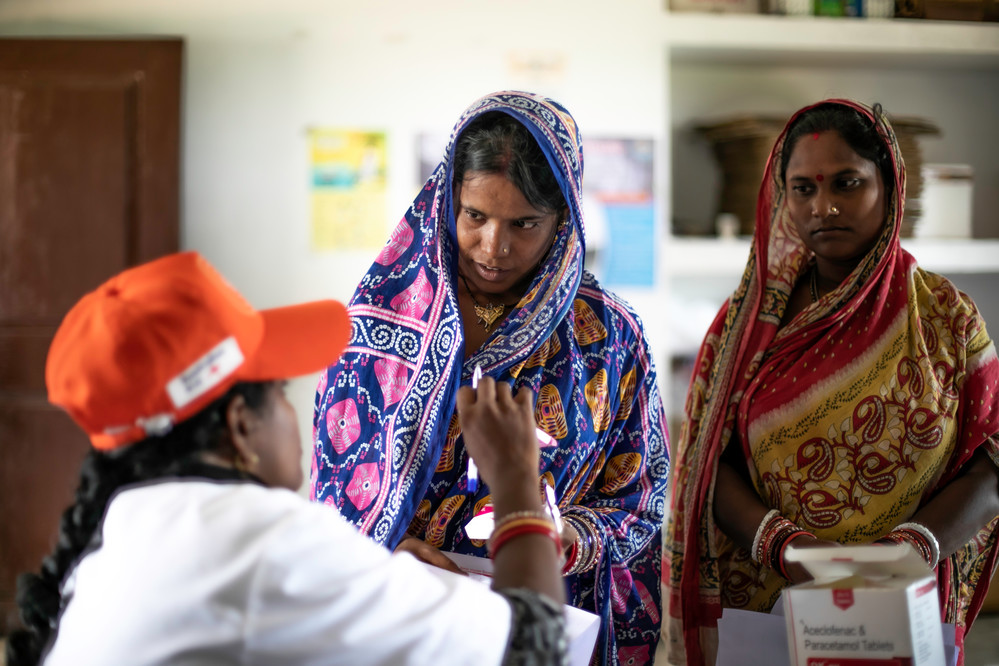Priya Kath, from India, is a youth representative attending the Partnership for Maternal, Newborn and Child Health (PMNCH) Partners Forum in Johannesburg, here she tells us why her government is wrong to oppose comprehensive sexuality education and why now’s the time for young people to speak out.
More on the Youth Outcome Document can be found herehttp://www.who.int/pmnch/about/governance/partnersforum/youth/en/
There are 358 million young people in India today- that’s almost a third of the nation’s population.
India’s development depends on its commitment to and investment in its young people, but when our Health Minister makes statements like “Sex education should be banned in schools” - it can make me despair.
He also argues that sex education corrupts the youth and offends “Indian values”. He and many of his colleagues in government say that it may lead to promiscuity, experimentation and irresponsible sexual behaviour.
This is not the first time sex education has been opposed by political parties in my country. For the government the priority is to integrate values with content and to put a strong emphasis on India’s cultural relations – in other words “Inculcating values”. Is this really a solution to the problems faced by young people in India today?
With ‘sex education should be banned’ headlines in mind I boarded my flight to attend the 3rd Partnership for Maternal, Newborn and Child Health (PMNCH) Partner’s Forum in Johannesburg, where I got the opportunity to meet and interact with energetic youth representatives from different parts of the world. They are in the same boat, and like me, were demanding access to youth friendly services, comprehensive sexuality education and sexual and reproductive health rights and services.
To my surprise, it was not something that only young people from my country were facing but, listening to the stories- both heartbreaking and inspiring- I realised that young people in Western countries face many of the same challenges in accessing regular health services, let alone SRH services.
During the youth pre-meeting, we worked collectively to shape the outcome document, which clearly outlines specific priorities for adolescents and young people in the definition of the post-2015 agenda. In the youth pre forum meeting young people demanded SRHR in the post-2015 development agenda.
By the age of 12-13 some children are sexually mature, so it would be idiotic to turn a blind eye to this reality. Awareness of health-promoting behaviours, and social support remain limited among young people. Moreover, gender double standards and power imbalances shape young people’s lives. All these factors compromise young people’s sexual and reproductive health.
Not only should parents speak to their children about sex and its implications and responsibilities, schools too should also play an active role in imparting sex education to students. I know that some people fear that information regarding sexuality will lead to experimentation, however, research shows that it doesn’t lead to promiscuity. Rather it gives young people the information, education and knowledge they need to enjoy sexuality in a healthy and positive way.
The young people attending the Forum - thanks to IPPF and other CSOs - need to press for the needs of youth to be mainstreamed the PMNCH agenda.
If we want to influence our governments to cater to the needs of young people then there is real need to work together to achieve our goals. We must jointly demand comprehensive, accessible, affordable and appropriate youth-friendly SRH services that meet the diverse needs of young people.
when
Related Member Association









